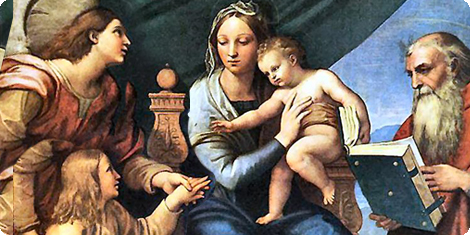|
Storge |
 |
|
means
"affection" in ancient and modern Greek. It is natural
affection, like that felt by parents for offspring, as a
descriptor of relationships within the family |
|
|
|
Eros |
 |
|
The Modern
Greek word "erotas" means "intimate love;" however, eros
does not have to be sexual in nature. Eros can be whom
you love more than the philia. Plato does not talk of
physical attraction as a necessary part of love, hence
the use of the word platonic to mean, "without physical
attraction." helps the soul recall knowledge of beauty,
and contributes to an understanding of spiritual truth.
Lovers and philosophers are all inspired to seek truth
by eros |
|
|
|
Philia |
 |
|
means
friendship or brotherly love in modern Greek. It is a
dispassionate virtuous love, a concept developed by
Aristotle. It includes loyalty to friends, family, and
community, and requires virtue, equality and
familiarity. In ancient texts, philos denoted a general
type of love, used for love between family, between
friends, a desire or enjoyment of an activity, as well
as between lovers |
| |
|
|
|
Agape |
 |
|
means
"love" (unconditional love) in modern day Greek, such as
in the term s'agapo (Σ'αγαπώ), which means "I love you".
In Ancient Greek, it often refers to a general affection
or deeper sense of "true love" rather than the
attraction suggested by "eros" a form of love which is
both unconditional and voluntary |
|
|